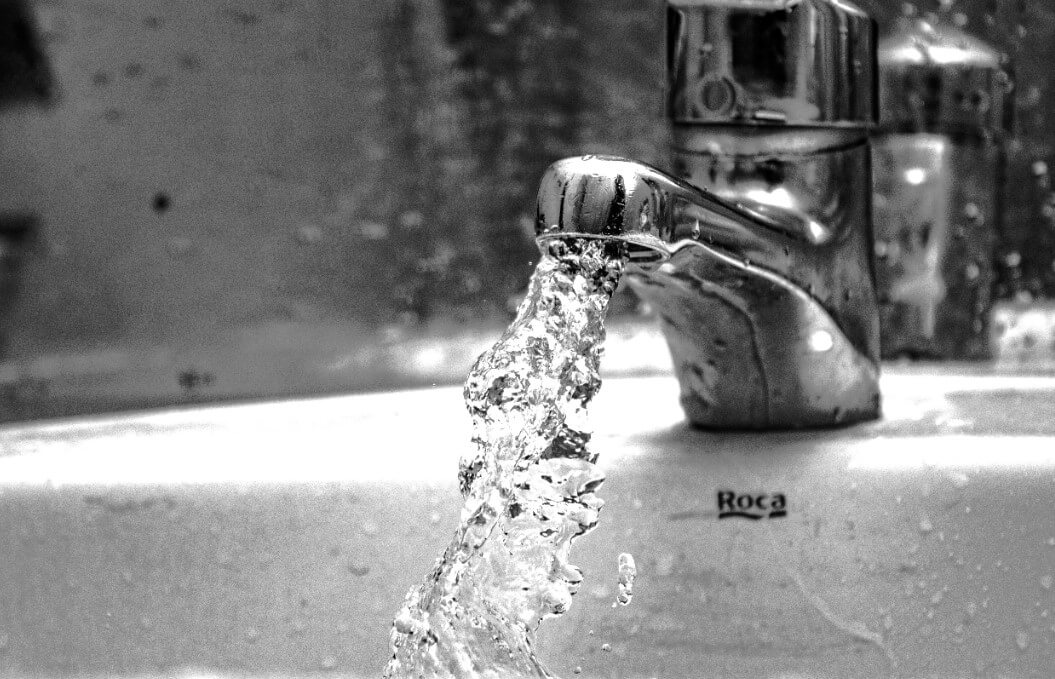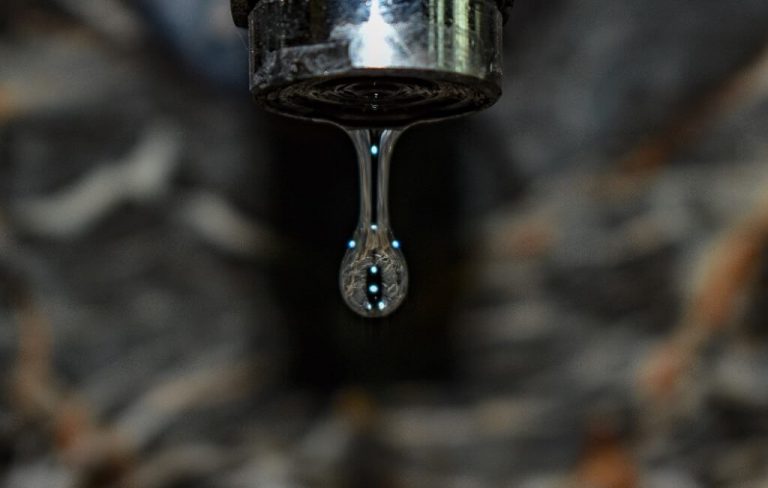Table of Contents [show]
We've all had blocked pipes and drains severe enough to necessitate the services of a plumber. However, what if the problem is really with your water amount coming out and not with the draining of water?
The average American family uses three hundred gallons of fresh water every day between using the flush in toilet, using dishwasher, and showering. We don't often consider where the water is coming from and how it gets to our taps. When the pressure of water drops, many of us don't understand where to check, and what needs to be done.
Identifying Whether Your Water Have a Low Pressure or Not
You may be feeling the symptoms of inadequate pressure of water if you have weak shower heads and water dribbles from taps, and your washer takes an eternity to fill.
This very frequent plumbing issue can develop for a variety of causes, but thankfully, it can usually be fixed with little effort or money. Nevertheless, before you go any further, make sure water pressure in your home is actually low or not.
Testing Water Pressure
Any value of less than roughly 40 pounds per square inch is deemed low. Water pressure in most houses should be around 40 to 60 PSI, while 50 PSI is considered as optimal. Here's a simple and accurate technique to figure out your home's water pressure:
Invest in a basic pressure gauge, this would set you back around $10. Connect the female threaded pipe fitting of the gauge to a hose faucet of outdoor garden. Ensure all of the valves nearest water meter remain totally open. check the pressure of the water through needle dial on the gauge after opening hose faucet to its full capacity. Your house has poor water pressure, If the pressure is lower than 40 PSI.
Examine Water Flow Rate
Flow rate of the water is yet another crucial component that might lead to a drop in pressure. The flow rate of the water simply is the volume of water supplied via the pipes within a given length of time, measured in GPM (Gallons per minute). Whenever the consumption of water surpasses the system's capacity, it may appear that your household has poor water pressure even when it actually does not.
Begin by turning off all of the house's faucets including water-using machines. Then to a faucet outdoor, attach a garden hose and arrange three vacant five-gallon containers in a row. Turn on the water to its highest setting and fill the containers fully. After 1 min, come to a halt and measure the amount of water collected in the container. Flow rate of the water in your home is roughly twelve and a half GPM if 2 1/2 containers got filled.
The average family utilizes 100-120 gallons of fresh water per each person each day, which is why a flow rate of water is 6-12 GPM will be perfect. Let us just explore few techniques to boost water pressure knowing that you’ve learned about water flow rate and pressure.

Fixing Techniques
Solve low pressure of water with these simple adjustments that improve flow and increases force, allowing you as well as your family to go about their daily lives without interruption.
Make Contact with Your Neighbors
Firstly: Check with all your neighbors so you can determine if they 're having the same issue. If this is the case, the problem might be with municipal water supply of the whole city. These installations, like the pipes in your home, are prone to corrosion, buildup, clogs, and leaks.
Unclogging
Mineral deposits may accumulate in the pipes throughout time in severe situations, the pipe's diameter shrinks to the point that they get blocked, stopping water from flowing freely resulting in a dismal drip within shower or perhaps a paltry drip from the tap While severe cases may necessitate pipe replacement, you could at least prevent blockages at the exit points of your system by neutralizing unwanted minerals clogging the works within your shower heads and faucet fixtures.
Simply cover the faucet or the shower head with vinegar filled zip-lock bag, and fix it with a string, let it to soak overnight. The very next morning, wash the cleaned fittings then reassemble your bathroom. If this method fails and you suspect a more serious mineral clog within the pipes, get a plumber for inspection and fixing.
Open Wide
This solution is simple and just takes a couple minutes to figure out. The water flow entering pipes in your house is controlled by a primary water valve, which is normally positioned close to the meter. Look for the valve then make sure it's fully open.
Sometime without the knowledge of homeowner the valve may be mistakenly turned, throughout routine maintenance and repairs. if this pressure drop corresponds with recent house improvements, your contractor might just have cut off the primary supply of water and at when the job was completed, the valve must have remained partially reopened.
As a result, reduced pressure and restricted flow. Luckily, the valve can be adjusted easily, so you won't need to hire a plumber.
Install a Booster Pump for Water Pressure
It's possible that the issue isn't with you, but with the area. That comes as no shock: Water pressure gets influenced by two basic factors: distance and gravity. The pressure of water supply in your house may be affected if it has to travel upwards or a long range from the city's municipal water supply. Consider adding a booster pump water pressure to improve the water flow rate when it enters your house.

